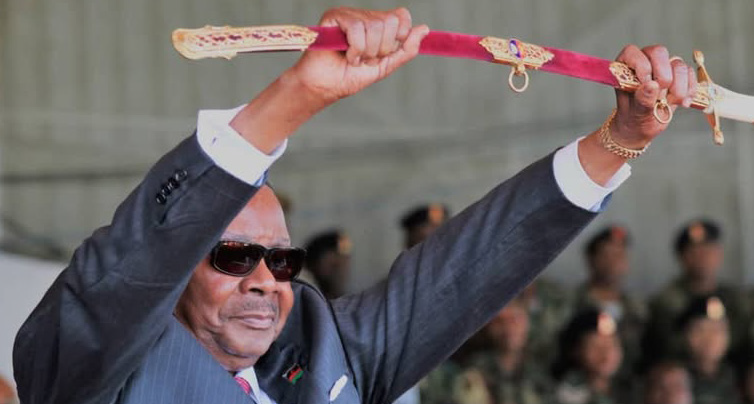MPs and money
Who said ruling and opposition legislators fight over everything? Where there is money they become buddies. Just the week before, the two groups had their swords drawn over whether or not to use Smartmatic electoral management devices (EMDs) and electoral management system (EMSs) in the transmission of the September 16 election results. But this week, they are buddies. Where money is concerned you cannot put a wedge between them. They are up in arms against the Constitutional Court ruling which barred them from managing the Constituency Development Fund (CDF) and the Water Resource Fund (WRF).
The High Court sitting as the Constitutional Court declared on Monday this week that effective immediately, CDF and WRF are a no-go zone for the MPs. In this landmark ruling, the court clipped legislators’ hands ordering they should not come anywhere near the selection, implementation and monitoring of CDF and WRF projects.
From the on-going debate on social media and other platforms, the ruling has come not just as mellow music to many Malawians, but something to pop champagne over. Of course, except the MPs and those who were benefiting from the funding tool.
Understandably, nobody loses such sumptuous resource without bending over backwards to reclaim it. So, the legislators have vowed to fight back. However, it remains to be seen how they will dribble past the apex court to which they intend to challenge the ruling. For now, what is for a fact is that henceforth the MPs stand barred from flirting with the largesse whose main purpose is to facilitate implementation of infrastructure projects at constituency level.
From K1 million in 2006 per constituency, CDF has grown to K200 million. The fund seeks to provide MPs and their constituent communities with the opportunity to make choices and implement projects that maximise their welfare in line with their needs and preferences. But findings of the most recent Afrobarometer survey reveal that 62 percent of Malawians are unaware of the CDF, especially in rural areas. It is this ignorance about CDF on the part of constituents that MPs were exploiting by making them think projects they were implementing were being bankrolled from their pockets. This raises serious questions of transparency and accountability.
The survey report further says 72 percent of people think that MPs and not the constituents were benefitting more from the fund with 91 percent of them saying they want constituency committees, and not the MPs alone, to manage the resource.
The court also stripped MPs of their voting rights in local councils, arguing that their dual role as both lawmakers and participants in council decision-making creates a conflict of interest that undermines their oversight function. It also ordered that another stakeholder should take over the role of MPs.
The court further ordered the guidelines government introduced to formalise the legislators’ involvement in managing the two funds as unconstitutional.
Kudos the Malawi Local Government Authority (Malga) for boldly championing this, petitioning the Constitutional Court to declare as unconstitutional the guidelines that assign MPs an executive role in the selection, prioritisation, implementation and monitoring of the local government projects.
Indeed, what happened to the principles of devolution? Whence the separation of powers between the three branches of government? How could MPs lobby for funds for projects in their respective constituencies, appropriate the resources, select projects and implement them, and then expect the same MPs to provide oversight on the same projects? Outrageous as it was, but such was the muddle that was CDF and WRF.
Well, the Attorney General has declared his office will challenge the ruling on behalf of the MPs. So we will wait for the Malawi Supreme Court of Appeal to bring clarity to the issue. But until the higher court rules otherwise, if at all it will, MPs should learn to imagine life without CDF. Their job is, first and foremost, to make laws and to represent their constituents in Parliament. But this representation role does not include managing CDF which conflicts with their oversight role.




